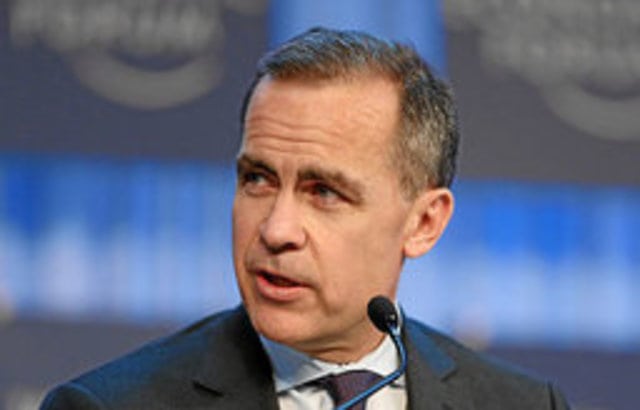O’Connor adds if the MPC leaves rates unchanged sterling is likely to weaken and BoE governor Mark Carney’s reputation as “an unreliable boyfriend” – a term referencing his tendency to give mixed messages on a rate rise – are likely to re-emerge.
Andrew Morgan co-manager of the Walker Crips’ Alpha:r2 managed portfolios anticipates over the course of next year the BoE will undertake incremental rises but “nothing horrendous” in terms of frequency.
“I think over the next couple of years rates could reach 1.5-2% but it will be gradual,” he adds.
Walker Crips’ view is for one 25bps rise before Christmas and one in first half of next year but beyond that, it depends on how things are trending, according to Morgan.
As a result, Walker Crips is buying high-quality short-duration fixed income which has lower sensitivity to interest rate rises.
“We limit the maturity to no more than five years and we aim to hold those bonds to maturity and by doing so any moves to capital value and interest rates is pretty much irrelevant because you are holding them to their par value and riding out fluctuation in the meantime and collecting the coupon,” he adds.
For Craig Veysey, manager of the Sanlam Strategic Bond Fund, the BoE is likely to follow the same path as the Federal Reserve by hiking just once before pausing for breath. He believes after this initial increase the BoE will wait until May at the earliest before hiking again.
He says: “We do not believe the most dovish members of the MPC have fully embraced more rate hikes just yet; particularly as the UK still faces serious concerns such as Brexit. Nevertheless, these uncertainties will likely result in more bond and currency market volatility – which will create opportunities for investors.
“As for gilts, the concerns about the UK economy will likely cap yields. It is worth remembering that we have become accustomed to low rates. If sterling rises on the expectation of rate increases, it will dampen inflation and mean there is less of a need to continue hiking rates.”







